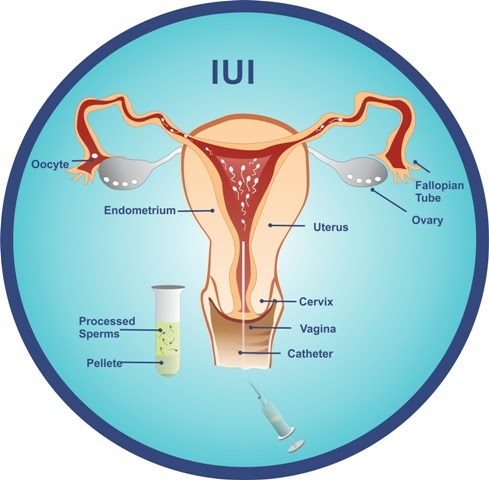
- Definition: IUI stands for intrauterine insemination, a fertility treatment that involves placing sperm directly into a woman's uterus.
- Purpose: IUI is used to increase the number of sperm that reach the fallopian tubes, thereby enhancing the chances of fertilization.
- Procedure: During IUI, specially prepared sperm is inserted into the uterus using a thin, flexible catheter.
- Timing: The procedure is typically timed to coincide with ovulation, which may be natural or induced through medications.
- Candidates: IUI is often recommended for couples with unexplained infertility, mild male factor infertility, or cervical mucus problems.
- Medications: Fertility drugs may be used to stimulate the ovaries and increase egg production before IUI.
- Sperm Preparation: Sperm is washed and concentrated to remove impurities and select the most motile sperm.
- Success Rates: Success rates of IUI vary based on factors such as age, fertility issues, and the use of fertility drugs.
- Advantages: IUI is less invasive and less expensive compared to other assisted reproductive techniques like IVF.
- Risks: Risks include a small chance of infection, multiple pregnancies, and ovarian hyperstimulation if fertility drugs are used.
Created by: ISHWA IVF CENTRE
Recommended




.png)

Comments